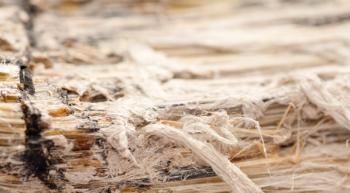
We need to learn more about how to potentially lessen toxins' effects on people's lives.

We need to learn more about how to potentially lessen toxins' effects on people's lives.
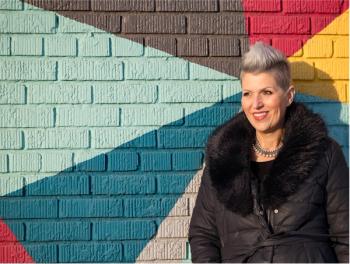
Tobacco smoke, pesticides, herbicides and chemicals in the air are among the substances that are known to increase the risk of getting some kinds of cancer.
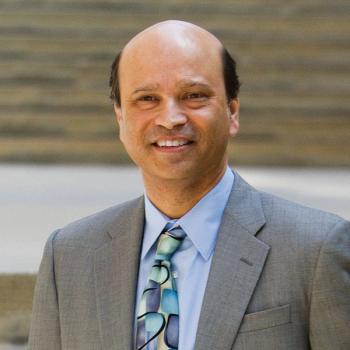
Good science, along with creativity in applying and testing it properly, can be successful against all odds for patients with cholangiocarcinoma.
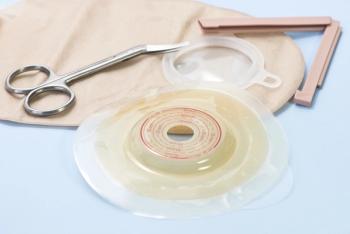
As part of CURE®’s Heal at Home series, we offer a guide on ostomies following surgery and how patients can best care for their stomas.

"We call ourselves the wolf pack. ... It is kind of tongue in cheek, but there is some seriousness behind how we view each other in terms of having each other’s backs,” said Trevor Maxwell, a stage 4 colon cancer survivor and the founder of Man Up to Cancer.

As part of its Speaking Out video series, CURE® spoke with Michael J. Rovito, on behalf of the Testicular Cancer Foundation, about survivorship.

After undergoing a mastectomy, women can either proceed with reconstruction or "go flat," but one expert says that the correct decision is what’s best for the patient.

As part of CURE®’s four-part gastrointestinal cancers webinar series, a panel of experts recently answered questions and offered advice around different types of testing.

Biliary duct cancer, or cholangiocarcinoma, has always been known as a difficult-to-treat disease, but immunotherapies may make an impact on patients' lives.
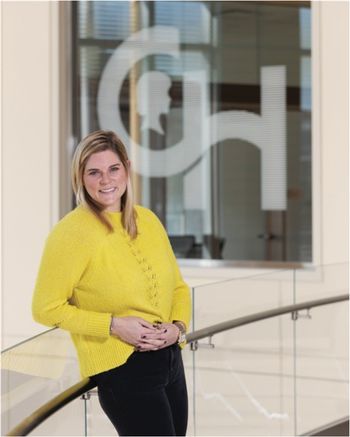
The treatment and support that children with cancer receive has advanced over the past 20 years, but more progress to improve the cure rate is on the horizon.